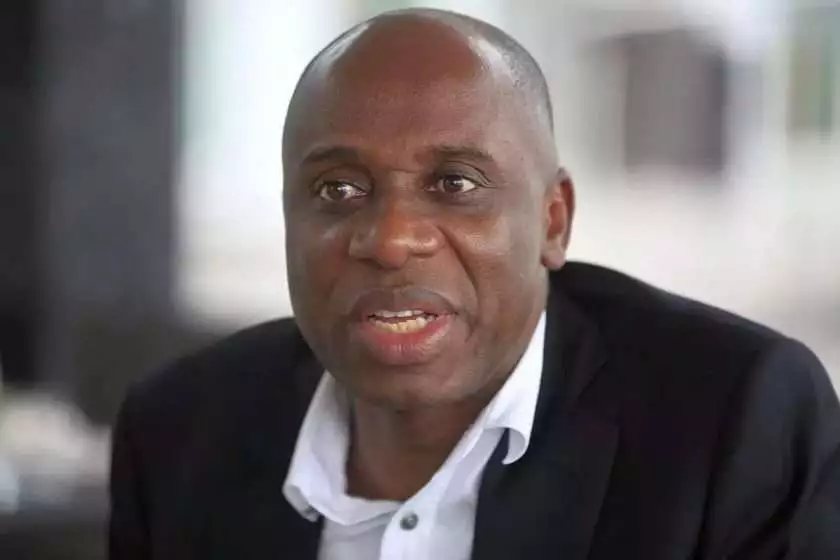The federal government has stated that moving Nigeria up the world economic ladder will require the development of an inter-modal transport system in the country.
The magazine learnt that the administration will, in the next four years source for billions of dollars, in loans, from international partners such as EU, USAID and others to provide the badly needed infrastructure in the sector.
Over $20bn would be required, in the meantime to develop the rail, water, air and road transportation in the next seven years, experts say.
According to them a huge part of this will be sourced internationally through loans and aids.
The Secretary to the Government of the Federation, Boss Mustapha stated this at a dinner for major stakeholders organised by the Nigerian Maritime Administration and Safety Agency, NIMASA.
Mustapha said the government has been fine-tuning its Ease of Doing Business policy to attract more investments into the country.
The SGF stated this on the heel of a similar one by Minister of Transportation, Rotimi Amaechi that the Buhari’s administration is targeting the transport sector to create thousands of jobs by year 2023.
Amaechi said a vibrant transport sector will reduce pressure on crude oil as the nation’s economic mainstay.
According to the minister“There will be increased productivity, which comes with creation of more jobs and production of more goods and services. All these will make the economy more competitive, reduce dependence on oil, and usher in economic growth. This is our target.”
According to him, “We are aware that transportation is key in any economic development plan. The major elements of production – raw materials, machines, people, finished products, etc. – have to be seamlessly moved from one point to the other as the need arises.
“The President Muhammadu Buhari government is implementing a transport policy, which entails linking all seaports in the country by rail, in line with global best practices. All over the world, the most efficient way to transport heavy cargo is by water and rail.”
He explained that the government’s comprehensive transport plan include “the development of a comprehensive intermodal system. We are taking the rail from where the past governments stopped to the seaports. The Lagos-Kano rail line, which began from Ebute Metta, is being taken from Ebute Metta to Apapa seaport.
“We will take it from Tin Can and Apapa to connect the new Lekki port. The rail line from Lagos to Calabar links Port Harcourt, Onne, and Warri seaports. Our goal is to have a system where importers would bring in their goods and load them on the rail that takes them to the hinterland, thus, easing the pressure on the roads and increasing their longevity,” he said.
The government, he said is making “Adequate investment in transport infrastructure will enhance the efficiency, reliability, and capacity of the transportation system, which will, in turn, lead to lower transport costs, shorter transit times, increased business efficiency, and business expansion, as money previously spent on transport is ploughed back into business.”
It’s widely held that the billions of dollars so far invested by the administration in rail development across the country is part of the plan to quickly turn around the sector.
Discover more from The Source
Subscribe to get the latest posts sent to your email.








